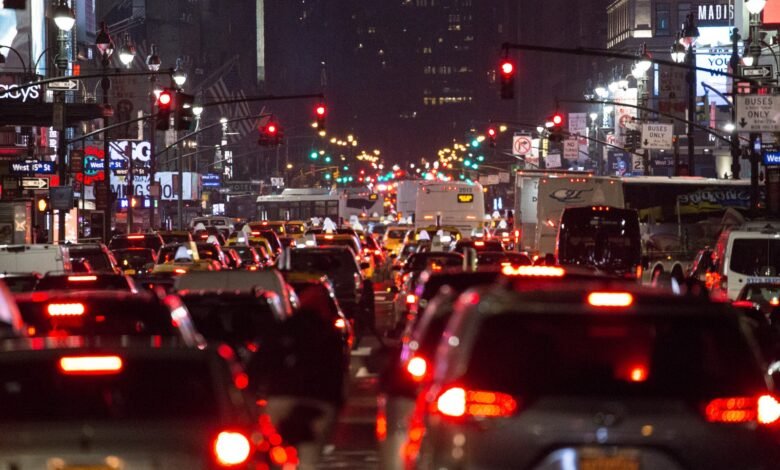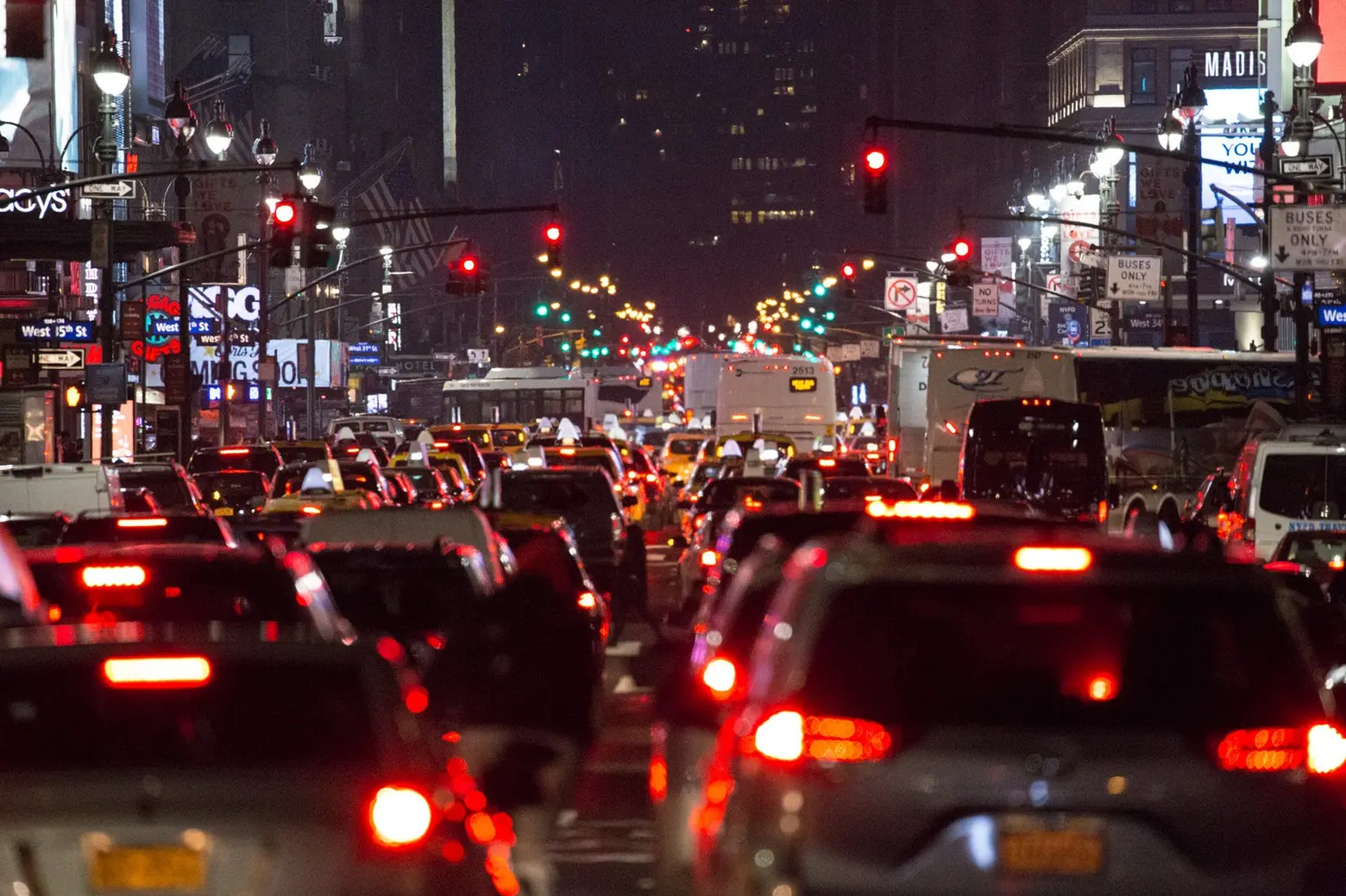MTA reveals congestion pricing exemptions for people with disabilities


The Metropolitan Transportation Authority on Monday announced two plans to provide people with disabilities exemptions from the new congestion pricing toll, which could take effect as early as June. The Individual Disability Exemption Plan (IDEP) allows New Yorkers with disabilities to register one vehicle to be exempt from the Central Business District (CBD) tolling program. The second program, the Organizational Disability Exemption Plan (ODEP), permits organizations transporting people with disabilities, such as Access-A-Ride, to apply for the exemption.
Under IDEP, those looking for an exemption for their designated vehicle would be required to provide “vehicle-specific information” and qualifying disability information. Current customers of Access-A-Ride (AAR), can use their AAR eligibility as a qualification in their IDEP application. The MTA is currently working with city and state agencies to decide whether any other similar programs can be used to determine eligibility.
Those who do not already have qualifying credentials will be required to go through an assessment process. Each IDEP applicant would be asked to choose one vehicle to be exempt from CBD. This vehicle is not required to be registered in the applicant’s name.
The IDEP replaces a previous plan that would have exempted all cars with a disability license plate from the CBD. However, that proposal faced criticism from disability advocates, who argued that a “blanket license plate exemption” could potentially leave people with disabilities who don’t own a car with a disability plate out of the program, according to Streetsblog.
Others argued that such a policy would make it easy for individuals to evade the tolls by purchasing a fake disability plate online.
“Most people with disabilities aren’t driving in,” Joe Rappaport, executive director of the Brooklyn Center for the Independence of the Disabled told Streetsblog. “My board [has] several people who cannot drive. Should they be subject to congestion pricing when they go into their jobs the only way that they could actually get there? No, of course not. The MTA has to realize that.”
Following the outcry over the policy, the MTA shifted its plan and created the IDEP.
Qualifying vehicles for ODEP will include AAR carrier vehicles, taxis or for-hire vehicles booked in advance using AAR, and other organization vehicles including ambulettes or adult “day rehabilitation” vehicles. The application process is expected to open 60 days before the start of CBD.
“Based on feedback from the disability community and examples from other cities, we believe the disability exemption program is a fair and equitable approach that meets the requirements of the law and serves the needs of people with disabilities,” MTA Chief Accessibility Officer Quemuel Arroyo said.
“I’m proud of the hard work that the MTA has done to put together this program and the commitment to continuing to work with advocates to ensure a transparent and effective process as we roll this program out.”
The CBD is designed to alleviate traffic in Manhattan’s most congested areas between 6 a.m. and 8 p.m. on weekdays and 10 a.m. to 10 p.m. on weekends. According to estimates from the MTA’s analysis of the program, the CBD will decrease truck traffic between 55 and 81 percent, as 6sqft previously reported.
The new tolls are expected to generate roughly $1 billion in annual revenue for the MTA which will be put towards enhancing the city’s subway and bus systems.
In November, the Traffic Mobility Review Board released a report detailing the pricing structure for the CBD. Drivers entering Manhattan below 60th Street will pay $15 once a day, commercial trucks will pay up to $36, taxis will add $1.25 per fare, and ride-sharing apps like Uber and Lyft will add $2.50 per ride.
RELATED:





